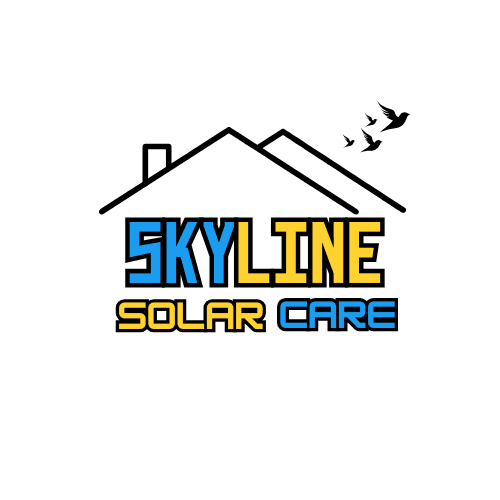Do I Need to Inspect My Home’s Solar System Annually? Expert Insights
Understanding Solar System Inspections
As a homeowner with a solar system, you may wonder how often you should inspect your investment. While solar panels are generally low-maintenance, regular inspections can ensure optimal performance and longevity. This post will explore why annual inspections may be beneficial and what they typically involve.

The Importance of Regular Inspections
Regular inspections of your solar system are crucial to maintaining its efficiency and effectiveness. Over time, dust, dirt, and debris can accumulate on the panels, reducing their ability to capture sunlight. Additionally, weather conditions such as hail, wind, or heavy rain can cause physical damage or misalignment, impacting the system's performance.
By scheduling annual inspections, you can identify and address potential issues before they escalate into more significant problems. This proactive approach not only helps in maintaining peak performance but also extends the lifespan of your solar system.
What Does an Inspection Include?
During a typical solar system inspection, several key components are evaluated:
- Panel Condition: Inspectors check for cracks, discoloration, or any signs of wear and tear on the solar panels.
- Mounting Hardware: The racking and mounting systems are examined to ensure they are secure and not damaged.
- Wiring and Connections: All electrical connections are reviewed for any signs of corrosion or loose wires.
- Inverter Functionality: The inverter is tested to confirm it is operating efficiently, as it is a critical component in converting solar energy to usable electricity.

Benefits of Professional Inspections
While some homeowners may opt to perform visual checks themselves, hiring a professional for a comprehensive inspection offers several advantages. Professional inspectors possess the expertise to identify subtle issues that may go unnoticed by the untrained eye. They also have specialized equipment to test system performance accurately.
Moreover, professional inspections often come with detailed reports that provide a clear picture of your system's health and any recommended actions. This documentation can be invaluable for warranty claims or when planning future maintenance.
When to Schedule Inspections
The ideal time for scheduling an inspection is typically before the peak solar production months. This timing allows you to maximize energy generation when the sun is at its strongest. Depending on your location, this might be in late winter or early spring. However, if you notice any issues with your system, such as decreased energy output or visible damage, it's advisable to schedule an inspection promptly.

DIY Maintenance Tips
In addition to annual professional inspections, there are simple maintenance tasks homeowners can perform themselves:
- Regular Cleaning: Keeping panels clean from dust and debris can enhance efficiency.
- Visual Checks: Periodically examine the panels and hardware for any obvious signs of damage or misalignment.
- Monitoring Output: Use monitoring systems to track energy production and identify any unusual changes.
The Long-Term Impact
Investing in routine inspections can significantly impact your solar system's performance and lifespan. By ensuring everything is operating smoothly and efficiently, you not only protect your investment but also contribute to a greener environment by maximizing renewable energy production.
Ultimately, while solar systems require less maintenance than other home systems, annual inspections are a wise choice for those looking to preserve their system's functionality and value over time.
